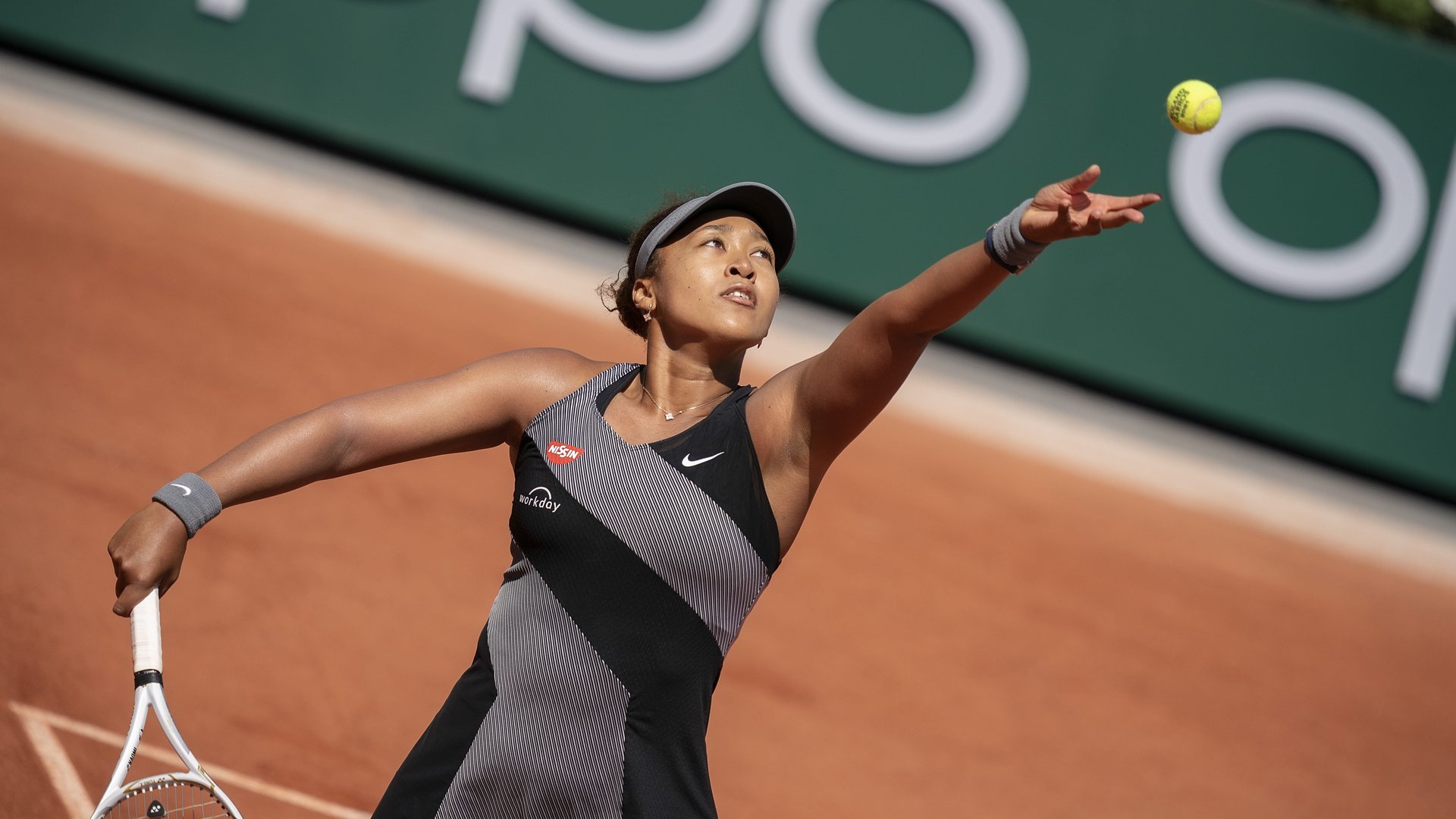Sports ‘pressure-cooker’ culture is failing athletes, but athlete moms experience the worst of it
When mental health catapulted to center stage at some of last year’s biggest sports events, I couldn’t have been more relieved. It felt like the impossible had happened: Finally athletes were taking on the last taboo and talking about mental health openly.


When mental health catapulted to center stage at some of last year’s biggest sports events, I couldn’t have been more relieved. It felt like the impossible had happened: Finally athletes were taking on the last taboo and talking about mental health openly.
Naomi Osaka withdrew from the French Open, boldly stating, “It’s OK to not be OK.” Simone Biles stepped away from her biggest Olympic moment, only to return and secure a medal on her own terms. The issue even became a central plot line for a certain fictional, London-based football club. In many ways, 2021 was “the year that changed how athletes think about mental health” as the journalist Louisa Thomas wrote in the New Yorker.
The effect has clearly been on display at the Beijing Winter Games: Mental health is top of mind with athletes opening up about their experiences and onsite mental health services widely available.
Beyond the Games and sports generally, conversations around work-related stress and mental health are ramping up as stigma drops and ongoing research explores how the two are connected.
But there’s one area that remains deeply overlooked: work-related stress and maternal mental health.
Addressing this intersection is more important than ever as the US confronts an escalating maternal mental health crisis exacerbated by failing support structures for working parents and a new level of parental burnout.
Of course, athletes do not operate in a traditional workplace, but the elements of work-related job stress are the same: heavy workload, conflicting expectations, job insecurity, and unsupportive structures or managers.
When you add in the unique pressure-cooker expectations and overall culture of professional athletics, it is not terribly surprising that this career path carries inherent risks for mental health disorders. The culture is failing all athletes, but athlete mothers experience the worst of it.
This is especially true for athletes going through pregnancy, postpartum recovery, and the transition to new motherhood. In many ways, this moment represents the perfect storm: a pregnant to postpartum mother is already at an elevated risk (pdf) for mental health disorders as her body naturally teeters on a physiological razor’s edge; at the same time, she is most likely to experience work-related stress that can subtly and pervasively trigger the brain until it reaches a tipping point.
Athletes and Maternal Mental Health
This period of transition to motherhood is generally under-researched in the “athlete-as-worker” field of study. But the anecdotal evidence for work-related stress on elite athlete mothers is real. It shows up in a variety of ways such as:
- Pregnancy-discrimination—embedded in the culture of the sports industry;
- Fear of financial repercussions for “missing” work because the physical demand does not align with the reality of pregnancy, birth, and a healthy postpartum recovery;
- Lack of standardization in parental leave, and vulnerability in asking for it;
- Limited, or no, access to reasonable child care options, (with affordability and accessibility already at crisis-level for most parents regardless of profession), and heightened by a job that does not follow traditional working hours;
- Lack of support structures that require parents to figure it out themselves, and the emotional labor that comes with it.
Leaders in the sports industry should consider workplace support for new parents, especially mothers, as preventive medicine for improving maternal mental health. There are a lot of ways that could look, but as a start, here are a few suggestions:
- Consider all policies that affect the personal choices around parenting.
- Consider contract language.
- Consider expectations and qualifications and timeline alignment with postpartum recovery.
- Consider flexibility, or lack thereof, when an individual’s story doesn’t fit the neat box of “normal.”
- Consider the stereotyped version of “normal.”
- Consider how they are responding to the fearful mother sharing her pregnancy announcement. (Hint: a simple “congratulations! How can we help?” goes a long way.)
This applies to sports and athletes, just as it applies to every employer-employee relationship in any industry. This is how inclusive, supportive workplaces directly benefit maternal mental health.
When we change the way the sports industry values and supports the parenting journey, we all benefit—from the spectators who can keep watching the athletes they love, to the next generation gaining new role models for sport and life, to—most importantly—the athletes and their families.
Molly Dickens, Ph.D., is a stress physiologist and a co-founder and the executive director of &Mother, a nonprofit dedicated to breaking the barriers that limit a woman’s choice to pursue and thrive in career and motherhood.
Quartz at Work is available as a newsletter. Click here to get The Memo delivered directly to your inbox.